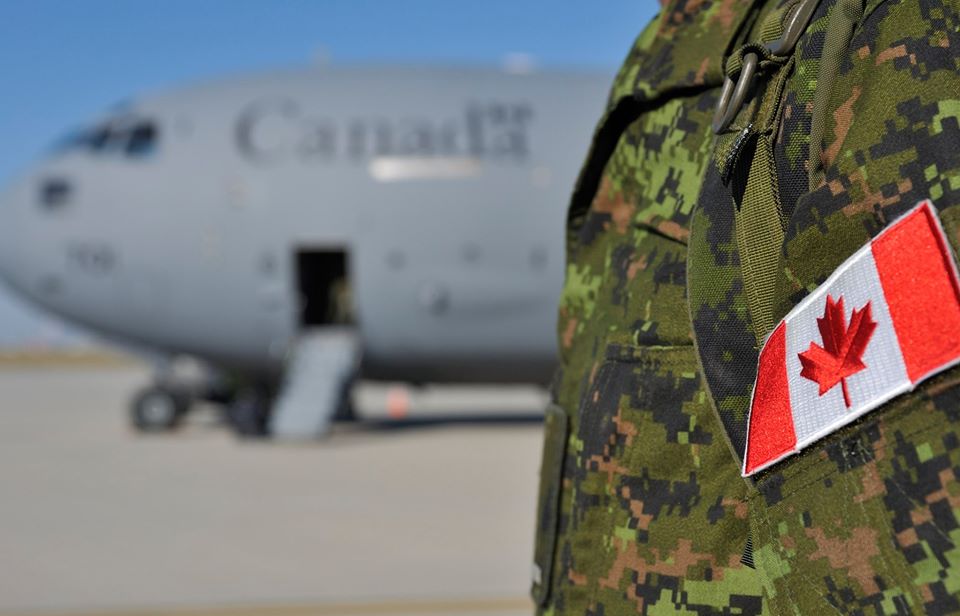
Every day, Canadian Armed Forces (CAF) members risk their own health and safety to protect Canadians. In response to requests for assistance from Quebec and Ontario, the CAF is honored to be able to provide support to some of our most vulnerable populations. The CAF has approximately 1,400 personnel committed to 25 Long Term Care Facilities (LTCFs) in Quebec, and 275 members committed to 5 LTCFs in Ontario. Their dedication and expertise continue to make an impact in Canada’s fight against the COVID-19 pandemic, through Operation LASER.
Starting today, the Canadian Armed Forces and the Department of National Defence will be providing updates to inform Canadians about the number of CAF members affected by COVID-19, as a result of their work in LTCFs in Quebec and Ontario. These updates will be released every two weeks, for the duration of the CAF deployment in Long Term Care Facilities. This data is being proactively released so that CAF members, their families, and LTCF residents and staff members are aware of the impacts on our personnel and the effectiveness of our protection and prevention measures.
COVID-19 cases among CAF members serving in LTCFs
As of May 15, the breakdown of COVID-19 cases within the CAF population employed on Operation LASER working in LTCFs in Quebec and Ontario is as follows:
Ontario
- 1 Tested Positive
Quebec
- 4 Tested Positive
These numbers are based on the most recent information that has been reported. The next update will be provided on Friday, 29 May, directly on the Operation Laser webpage.
Protection and prevention measures
Our members possess unique military knowledge and skills that position them to assist civil authorities in specialized areas in Canada’s fight against COVID-19. Through ongoing coordination with federal and provincial partners, the CAF continues to allocate all appropriate and available DND/CAF resources, including medical personnel, towards supporting long term care facilities in Quebec and Ontario. All CAF personnel who are deployed in Quebec and Ontario facilities are properly trained and equipped. At the same time, our members are taking extraordinary precautions to stop the spread of this disease and to remain healthy and ready to assist civil authorities.
Before deploying in LTCFs, personnel are trained in a number of areas including: safe movement of patients, protocols for wearing and using personal protective equipment, assisted feeding, and bedside care. In addition, our personnel undergo a familiarization and orientation period in the establishment to ensure their work will be properly structured and effective once they commence duties. Personnel also receive mental health and resilience training to prepare them for the current reality in LTCFs.
Should CAF personnel be asked by provincial authorities to re-position from one facility to another with more acute needs, members will first be screened for illness and all personal health measures will be strictly enforced. Additionally, the CAF has contracted hotels to support the housing requirements of CAF members providing direct on-site support to LTCFs. Independent food, transportation and laundry systems are made available to personnel to ensure the force is self-sufficient.
Our soldiers are agile and accustomed to dynamic environments. They take pride in helping others by quickly adapting to perform new tasks in a new environment in teams with other health professionals pursuing a common goal. The CAF salutes civilian members working bravely and tirelessly in LTCFs across Canada.
The health and well-being of our military personnel and their loved ones remains a priority for us, which will help safeguard our readiness to assist civilian authorities in times of crisis such as we are experiencing now.